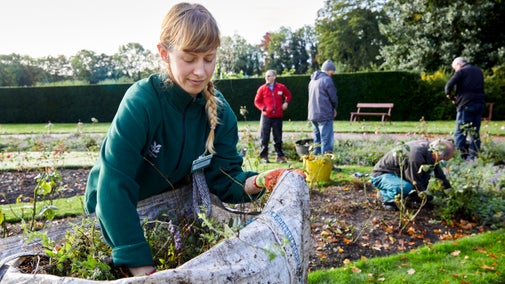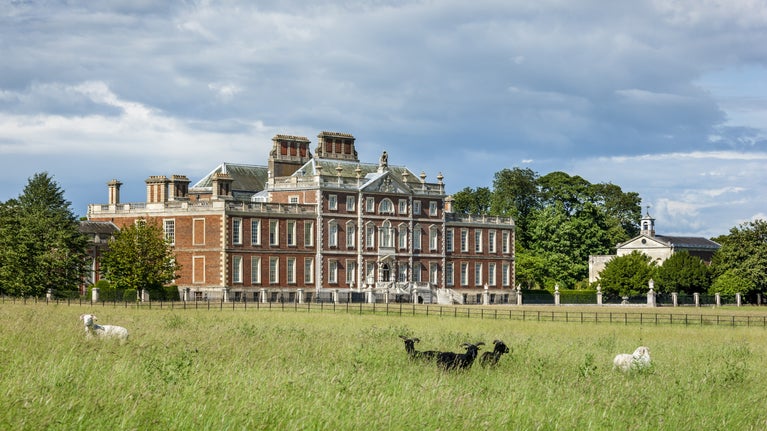
Discover more at Wimpole Estate
Find out when Wimpole Estate is open, how to get here, the things to see and do and more.

Come and explore the gardens at Wimpole where iconic garden and landscape designers including Charles Bridgeman, Robert Greening, Lancelot ‘Capability' Brown and Humphry Repton have all left their mark.
Discover Wimpole Estate as the season changes and the gardens and parkland come alive with autumn colour. Take a stroll across the parkland, enjoying the vibrant reds, yellows and oranges of the wide variety of trees as you make your way to the atmospheric Chinese Bridge and Gothic Folly, framed by the colours of the changing leaves. Within the gardens, discover the cathedral of trees at Bakers Wood; a striking avenue of trees framing an acer, which as the leaves change will flame with bright autumn colour. Conkers are plentiful in the pleasure grounds, perfect for collecting, photography and wild art! Don’t forget to visit the Walled Garden to discover the season’s harvest and our famous display of autumn squashes, gourds and pumpkins in the Glasshouse.
The four-and-a-half-acre walled garden at Wimpole was constructed of red handmade bricks in the 1790s by Philip Yorke, 3rd Earl of Hardwicke, with no expense spared. Even the walls were heated to keep peaches warm during the spring frosts.
When the National Trust took over its care in 1976, the 19th-century glasshouse had disappeared, and the garden was grassed over. Restoration began in the early 1990s, with pathways created, espalier fruit frames installed, 6000 box plants added, and the 18th-century Soane-designed ‘pinery-vinery’ reinstated in 1999.
Today the garden is a horticultural gem with a produce rich core surrounded by colourful herbaceous borders and seasonal cutting borders. The central area is split into four sections, the rotational quads, no-dig, soft fruit and the volunteer allotments. Following organic principles, the walled garden produces masses of crops such as potatoes, lettuce, carrots, beans, onions, garlic, cauliflower and more. Today over 20% of the garden’s produce is donated to the Harston Hub Foodbank, with the rest on sale at our visitor welcome centre or supplying The Old Rectory café.
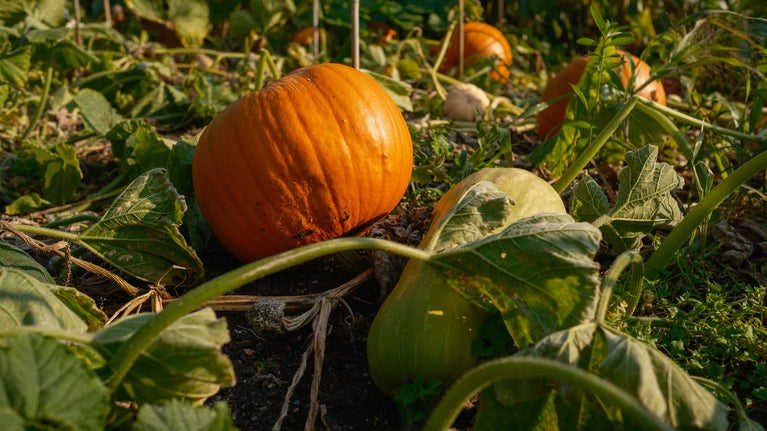
First planted by Robert Greening in the 1750s to connect the Hall to his walled garden, the Pleasure Ground was substantially altered by garden designer William Emes, when he rebuilt the walled garden in the 1790s.
It was described in 1850 as having ‘picturesque, winding walks, leading a long way, admirably planted with groups and masses of the finest evergreens and deciduous trees'. There are also important views to and from the park, with the grounds occupying a pivotal position as the link between the hall and the park.
The Rejuvenation Project
The Pleasure Grounds rejuvenation project aims to restore and revitalize the Wimpole Grade I Listed Pleasure Grounds to a condition commensurate with their listed status. We’re planning to achieve this through the implementation of an appropriate climate adaptive planting scheme, the enhancement of our Spring bulb display and the creation of new seating and sensory experiences, ensuring the garden is welcoming for everyone, forever.
This September (3-13 September), witness history being uncovered before your eyes as archaeologists from Oxford Archaeology, alongside volunteers, peel back the layers of Wimpole’s parterre in search of its hidden past. The excavation will explore traces of the medieval moat and reveal stories long buried beneath the estate’s formal gardens. Friendly team members will be on hand to answer questions and explain the archaeological process, offering a rare opportunity to see history revealed in real time.
For a greener way of gardening we generate tons of homemade compost, use battery powered machinery wherever possible and harvest rainwater. We also use manure from our farm, peat-free compost and consciously plant for year-round pollinator attraction.
Find out more about Wimpole's Climate Change work here.

Find out when Wimpole Estate is open, how to get here, the things to see and do and more.
Built in 1794, Home Farm is the only in-hand farm of its kind in the National Trust. Unique to Wimpole Estate, it is a model for sustainable farming practices. A must see on your next visit, it is home to many rare-breed animals and the species of flora and fauna that make the estate an agricultural champion.
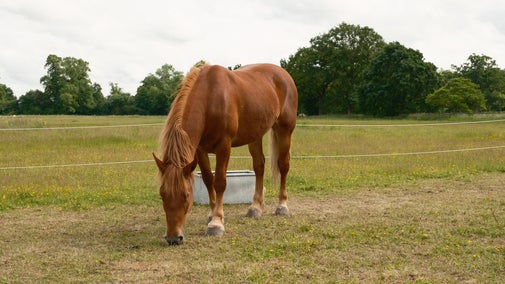
Stop for a bite to eat at one of the cafés or in the Old Rectory Restaurant at Wimpole.
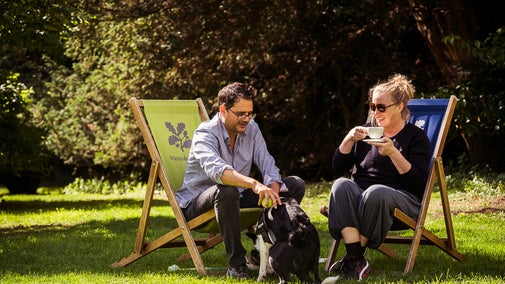
Explore the acres of parkland at Wimpole, abundant with wildlife, flora and fauna; stroll across the open space, or head across the Chinese bridge to visit the Gothic folly.

Take a look at some of the important work that takes place at Wimpole Estate on a day-to-day basis, to look after this special place for everyone, for ever.
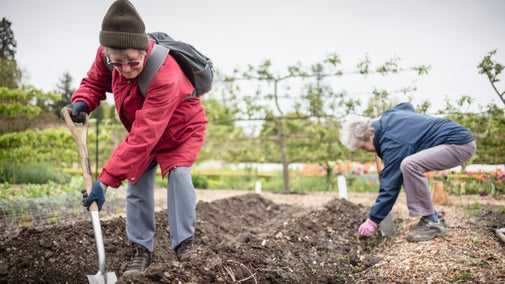
As part of the National Trust's Renewable Energy Investment Programme, Wimpole has reduced its dependence on fossil fuels in recent years. Here is what Wimpole has been doing to combat climate change on the estate.
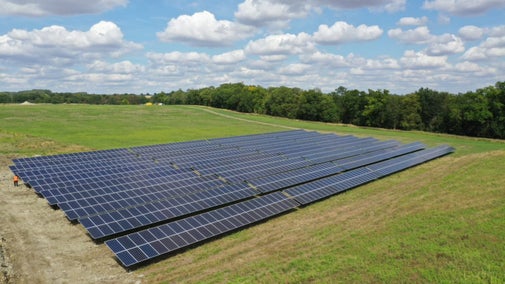
From 18th-century water gardens and Arts and Crafts landscapes to intimate woodland gardens, there are so many places to discover.

Discover our gardeners’ top tips so you can make the most of your garden, plot or window box.
